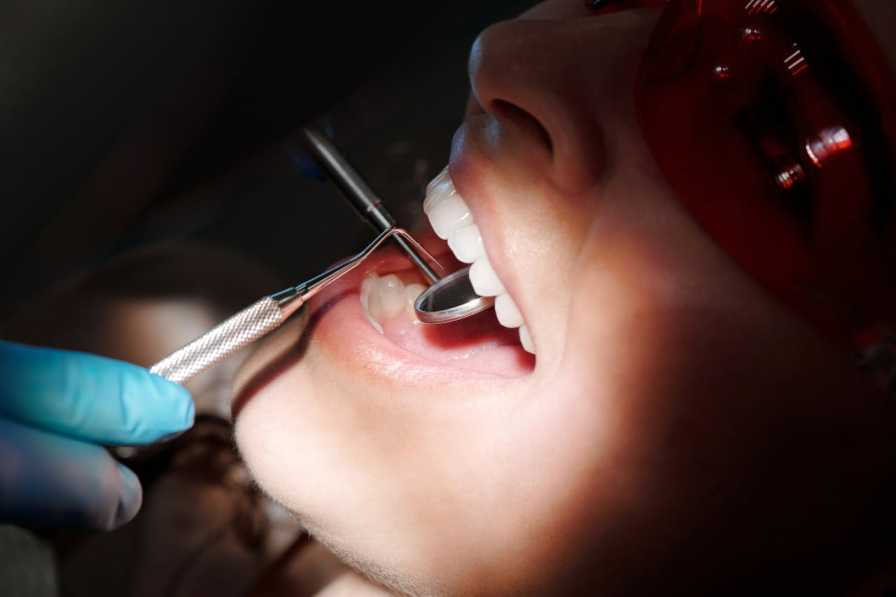
Table of Contents
Introduction
Oral health is crucial for overall well-being, particularly in children, as it lays the groundwork for healthy smiles throughout life. Dentists are essential in fostering strong teeth and gums, making early dental care vital for long-term health. This article highlights the significance of oral health in children, the role of dentists, and preventive measures to encourage optimal hygiene.
The Importance of Oral Health in Children
Oral health is essential for children not only for aesthetic reasons but also for their overall health and development. Healthy teeth and gums allow children to chew food properly, speak clearly, and maintain self-confidenceNeglecting oral health may cause discomfort, infections, and challenges with eating and speaking. Moreover, untreated dental issues can affect a child’s concentration and performance in school, underscoring the need for preventive care and early intervention.
The Role of Dentists in Maintaining and Improving Oral Health
Dentists are specialists trained to diagnose, treat, and prevent dental issues in children. They play several crucial roles:
Preventive Care
Preventive care is the cornerstone of dentistry. Pediatric dentists like those available in South Jordan conduct regular check-ups to monitor the health of a child’s teeth and gums, identifying potential problems before they become serious. Regular cleanings help remove plaque and tartar, which can lead to cavities and gum disease. Fluoride treatments strengthen enamel, making teeth more resistant to decay.
Education
Education is a key component of dental care. Dentists educate both children and their parents about proper oral hygiene practices, such as brushing teeth twice a day with fluoride toothpaste, flossing daily, and maintaining a balanced diet low in sugary foods and drinks. They also provide guidance on the importance of using dental sealants and mouthguards to protect teeth during sports activities.
Early Intervention
Early intervention by dentists can prevent minor dental issues from escalating into major problems. For example, dentists can address early signs of tooth decay with treatments like dental sealants, which act as a protective barrier against bacteria. They can also identify and correct habits that may affect oral health, such as thumb-sucking or improper use of bottles and pacifiers.
The Impact of Early Dental Care on Long-Term Health
Early dental care has a profound impact on a child’s long-term health. Establishing a routine of regular dental visits from a young age helps children become comfortable with dental procedures, reducing anxiety and fear. It also instills the importance of oral hygiene, leading to healthier habits that persist into adulthood. Children who receive regular dental care are less likely to experience dental issues such as cavities, gum disease, and tooth loss later in life.
Preventive Measures for Optimal Oral Health
Regular Check-Ups
Consistent dental visits are crucial for keeping your mouth healthy. Dentists recommend that children visit the dentist every six months for routine examinations and cleanings. These visits allow dentists to detect and address issues early, ensuring that children’s teeth and gums remain healthy.
Cleanings
Professional dental cleanings remove plaque and tartar that cannot be eliminated by regular brushing and flossing. Cleanings also help prevent cavities and gum disease, which can lead to more serious health issues if left untreated.
Fluoride Treatments
Fluoride treatments make tooth enamel more resilient, which helps prevent tooth decay. This makes the enamel more resistant to the acids that plaque bacteria produce. Dentists often recommend fluoride treatments during routine check-ups to provide an extra layer of protection for children’s teeth.
Common Dental Issues in Children and How Dentists Address Them
Cavities
One of the most frequent dental problems in children is cavities. They occur when plaque bacteria produce acids that erode tooth enamel. Dentists treat cavities by removing the decayed portion of the tooth and filling it with a dental material to restore its function and appearance.
Gum Disease
Gum disease, or gingivitis, can affect children if proper oral hygiene is not maintained. Dentists treat gum disease by performing deep cleanings to remove plaque and tartar from below the gumline, and they provide guidance on improving oral hygiene practices at home.
Malocclusion
Malocclusion, or misalignment of the teeth, can affect a child’s bite and overall oral health. Dentists and orthodontists work together to correct malocclusion using braces or other orthodontic appliances, ensuring that children develop a healthy and functional bite.
Conclusion
Dentists are vital for children’s oral health, providing preventive care, education, and treatment for dental issues. Regular check-ups, cleanings, and fluoride treatments help maintain healthy teeth and gums. Educating families about good oral hygiene practices fosters lifelong dental health, establishing a foundation for lasting smiles.
You can also read about –How To Get the perfect light brown Nails color backstageviral.com :Ultimate Guide


